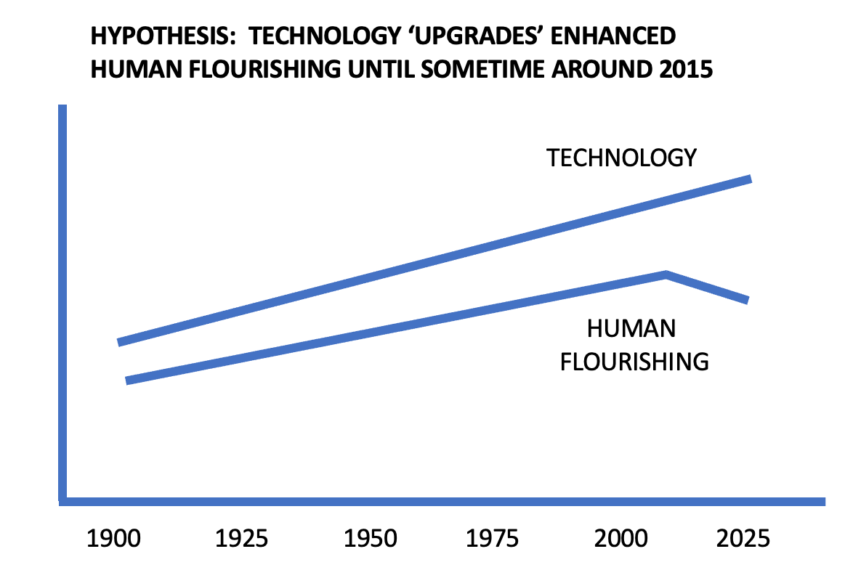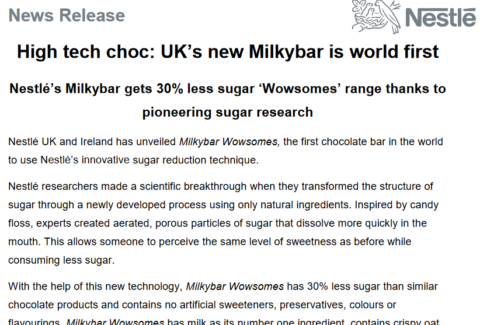Have you tried to get information on a product or service from Google recently? Good luck with that.
“Product recommendations broke Google,” declares tech journalist John Herrman, “and ate the Internet in the process.”
That sounds like an extreme claim. But it’s painfully true. If you doubt it, just try finding something — anything! — on the dominant search engine.
No matter what you search for, you end up in a polluted swamp of misleading links. The more you scroll, the more garbage you see:
- Bogus product reviews
- Fake articles that are really advertisements
- Consumer guides that are just infomercials in disguise
- Hucksters pretending to be experts
- And every scam you can imagine (and some that never existed before) empowered by deepfakes or AI or some other innovative new tech
The Google algorithm deliberately makes it difficult to find reliable information. That’s because there’s more money made from promoting garbage, and forcing users to scroll through oceans of crap.
So why should Google offer a quick, easy answer to anything?
Everybody is now playing the same dirty game.
Even (previously) respected media outlets have launched their own recommendation programs as a way to monetize captured clients (= you and me). Everybody from Associated Press to Rolling Stone is doing it, and who can blame them?
Silicon Valley sets the dirty rules and everybody else just plays the game.
Welcome to the exciting world of algorithms. They were supposed to serve us, but now they control us—for the benefit of companies who impose them on every sphere of our lives.
And you can’t opt out.
For example, when I listen to music on a streaming platform, the algorithm takes over as soon as I stop intervening—insisting I listen to what it imposes on me. Where’s the switch to turn it off?
I can’t find it.
That option should be required by law. At a minimum, I should be allowed to opt out of the algorithm. Even better, they shouldn’t force the algorithm on me unless I opt in to begin with.
If this tech really aimed to serve me, opting in and opting out would be an obvious part of the system. The fact that I don’t get to choose tells you the real situation: These algorithms are not for our benefit.
Do you expect the coming wave of AI to be any different?
[…]
The shills who want us to lick the (virtual) boots of the algorithms keep using the word progress. That’s another warning sign.
I don’t think that word progress means what they think it means.
If it makes our lives worse, it isn’t progress. If it forces me into servitude, it isn’t progress. If it gets worse over time — much worse! — it isn’t progress.
All the spin and lobbying dollars in the world can’t change that.
So that’s why I became a conscientious objector in the world of algorithms. They give more unwanted advice than any person in history, even your mom.
At least mom has your best interests at heart. Can we say the same for Silicon Valley?


















